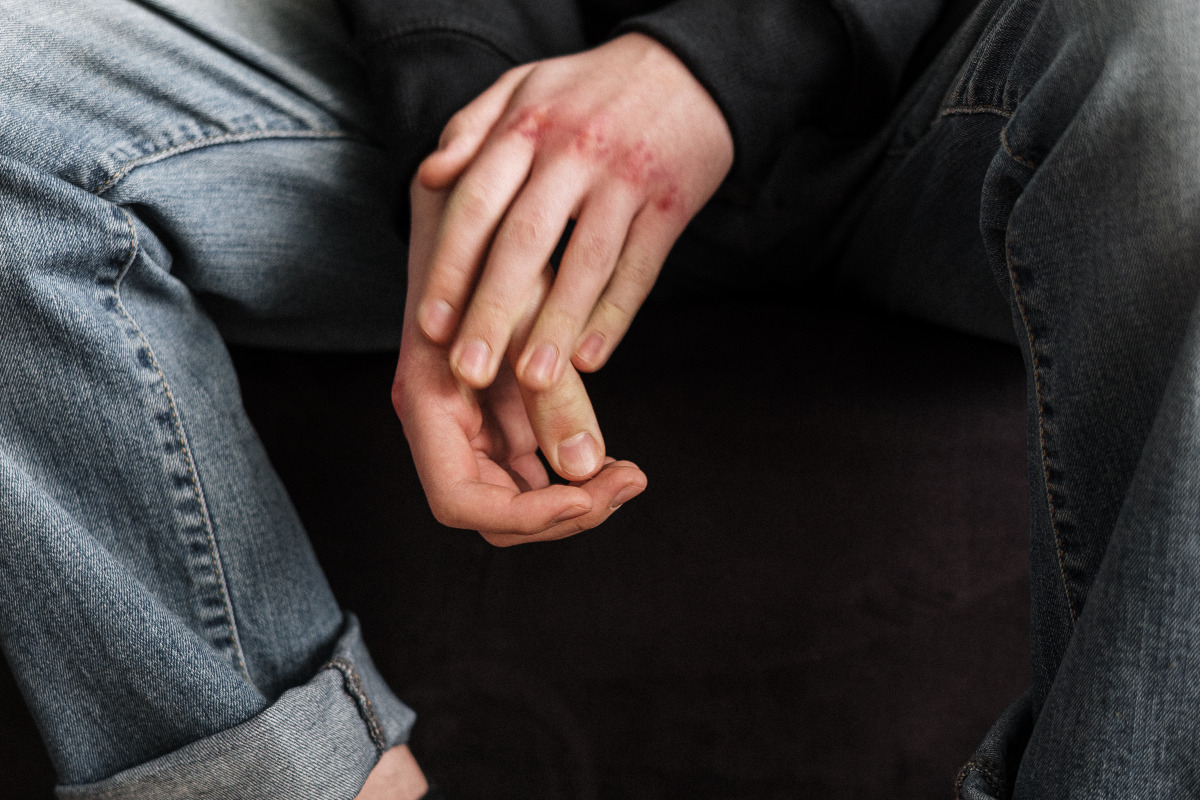
Setting out on the path to sobriety is always a good idea. There has never been a case when substance abuse was the better option. When we finally get to that sober lifestyle, whether through a treatment center or another method, it can be demoralizing when a relapse happens.
Relapses can happen. It’s an unfortunate but true aspect of living a sober life. Understanding what factors can contribute to relapse is an important aspect of fighting off these triggers. One of the most common factors that can lead to relapse is untreated mental health concerns, especially untreated trauma.
Trauma and Substance Abuse
Numerous studies have shown that past trauma and mental health disorders are often associated with substance abuse. Mental health issues and substance abuse are so often correlated in a recovery setting that most treatment centers have found that simultaneous treatment for mental health and substance abuse has the best results in recovery for individuals with a dual diagnosis.
Untreated Trauma and Relapse
It is a common belief that substance use disorder (SUD) is a condition that can be treated on its own. This line of thinking often leaves those in search of a life of sobriety and recovery at a greater risk of relapse. Since mental health disorders are common among those with SUDs, studies show that those who have untreated PTSD are at greater risk of relapse even after completing treatment for substance abuse.
Without going through a program that thoroughly explores your mental health and past untreated traumas, you leave yourself at risk of continuing the same self-destructive cycle of substance abuse over and over again. Since mental health disorders play such an integral role in the development of SUDs, it is imperative that you seek treatment at a facility that can help you heal completely. Often, substance abuse is merely a symptom, and poor mental health is the disease.
Treatment for Trauma and Substance Abuse
Substance abuse is a terrible burden. However, underneath that burden is often a mental health disorder that keeps you from healing completely and threatens the accomplishments you have already made in your sobriety. For the sake of your continued joy and happiness, take all the steps that can help guarantee a brighter future. Find professional help that can treat both the symptom and the disease.
Finding treatment for substance use disorder (SUD) is a courageous step in fighting for the life you deserve. While any step on the path to recovery is the right step to take, it is important to explore all of your options when it comes to living a happier, healthier life. If you struggle with substance abuse, then you owe it to yourself to explore every aspect of your mental health that could make recovery more difficult. Call The Guest House at (855) 483-7800 for more information regarding our treatment options.